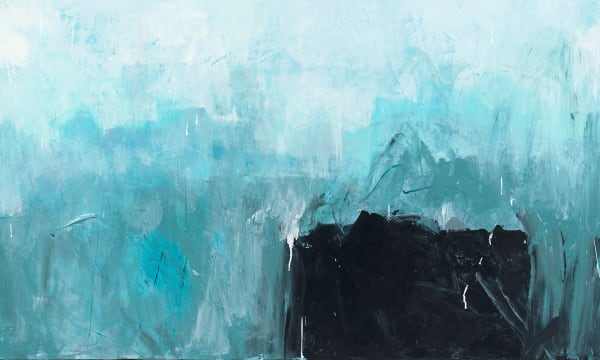Haris is an Asian British gay man who lives with his fiancé Alex and their American bulldog Ocean in the North of England. Tyler founded and now co-owns the salon Haus of Haris Tyler. He spoke to Wunderman Thompson Intelligence about living authentically, problematic gay stereotypes and the toxicity of cancel culture.
“Well, inclusion means everything to me, really. My ethnicity, the color of my skin, my sexuality, my gender. For me, it's the thing that keeps me going.
I think it's extremely important to feel respected in your own skin, because you can't change it. And if you can't change something and you're not going to be respected for it - Jesus Christ, it's enough to send anyone over the edge! You just want to feel loved for what you are. So, I think it's the most important thing in the world, to me. Not to be dramatic, but it is.
When Pride Month comes up, a lot of brands jump on it. It's nice for a brand just to generally stand for inclusion and to say that, "We're a diverse brand, and this is what we look at and this is what we do." Because sometimes, I do think brands just don't give a shit most of the time. And then we come straight onto Pride and it's like, "Whoo! All of a sudden, we're all queer.”
Hear more from these interviewees and others in "Inclusion’s next wave," as well as exclusive insight from 18 thought leaders and experts, global quantitative survey results, case studies and brand takeaways.


